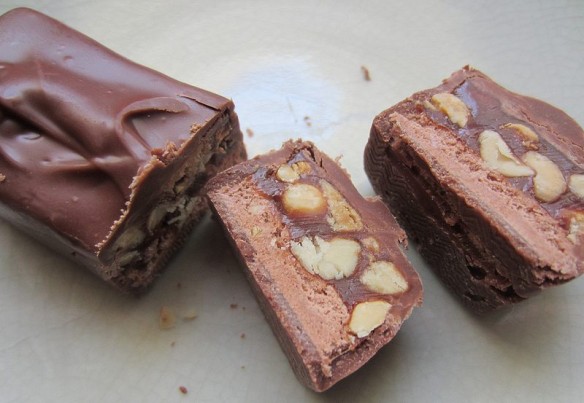[This is the sixth in a series of posts reflecting on how I found myself drawn to monasticism despite (or perhaps because of) my upbringing in the Bay Area and providing insight into how the relatively secular environment in which I grew up prompted me to look deeper into the meaning of life.]
弟子規,聖人訓。首孝悌,次謹信
泛愛眾,而親仁。有餘力,則學文。The sages have left these standards for being a student.
You first begin with filial respect and then learn to be careful and trustworthy.
Be kind and caring to all and stay near good people.
With any time left, you should devote it to study.
To be honest, I never thought about what it meant to be a “good son” until I became interested in Buddhism and the monastic life. It was an unexpected teaching that really sank in when I became a sophomore in college.
In hindsight, I was a typical callow youth, with an attitude of putting myself first and my parents second. I remember one story from when I was in pre-school. My mom gave me a chocolate bar and then asked me if I would share some of it with her. Reluctantly, I broke the chocolate bar in half, planning on giving her the smaller piece. To my dismay, I saw that they were both the same size, so what did I do next? I took a bite out of one half and then sheepishly offered it to her. Talk about filiality!
That was pretty much my mindset for the next 15 years of my life–I was the center and my parents were there to support and provide for me. And, I took many things for granted, or even resisted things simply out of stubborn rebellion. In fact, there was a lot of things that I didn’t want to do that I was “forced” to do: play piano, join the swim team, toastmasters, mental math, Chinese school, Boy Scouts, etc.
When I was obsessed with basketball, I remember getting into arguments with my mom about bouncing the basketball around the house. I needed to practice dribbling! (Reflecting now, I must say that I got the house pretty dirty and it was *ahem* rather loud.) But I did do well in school and generally stayed out of trouble, so I wasn’t a bad kid as things went.
All of a sudden, I realized how much I have been given in life.
However, after being immersed in Buddhism and monastic culture for 2-3 years, and being instructed by a senior monk to listen to my mother, I began to change my perspective on things. I wasn’t the center of the world. My parents weren’t just an obstacle to my aspiration to being a monk. My universe expanded from the narrow vision of “my life, my path” to an expanded view that included my parents’ perspective of the world.
All of a sudden, I realized how much I have been given in life. Even my father, whom I thought had always been rather reserved in his emotions and display of affection, had his way of showing his love and care for me and my brother once I started paying attention to what was going on around me. I remember one evening seeing my brother sleeping on the couch in the living room as I walked into the kitchen. Later, as I came out, I saw my dad putting a blanket on him. It was extremely natural, nothing big, but it left a deep impression on me. How many times has my dad covered me with a blanket, worried that I might be cold?
They were constantly trying to give me the best advice they could, hoping that I would live a happy and meaningful life.
I would see my mother tirelessly washing the dishes at night after everyone finished eating, or cooking special vegetarian dishes for me when everyone else was not vegetarian. Although my mom was not happy with my monastic aspirations, I saw how she was willing to still support it in quiet ways. The car I drove to the monastery came from them; the roof over my head came from them; and they were constantly trying to give me the best advice they could, hoping that I would live a happy and meaningful life.
In my “do-it-myself,” “pave-my-own-way” mentality, I completely missed everything I had to be grateful for. And what I quickly found was that gratitude was like a wellspring of joy and rootedness. It was like awakening to a part of life that I had never really known before.
I began to see why this was the beginning of truly being a person.

